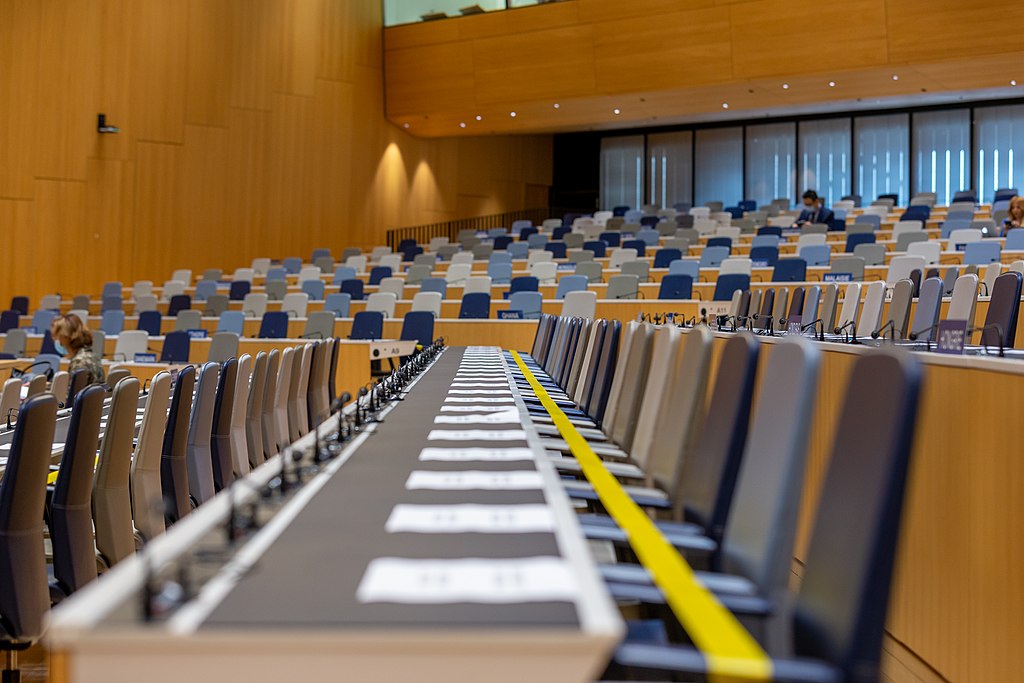5 October 2021, San Francisco, CA, USA — China today blocked the Wikimedia Foundation’s bid for observer status at the World Intellectual Property Organization (WIPO) for the second time after the Foundation’s initial application in 2020.
WIPO is the United Nations (UN) organization that develops international treaties on copyright, patents, trademarks and related issues. China was again the only country to object to the accreditation of the Wikimedia Foundation as an official observer. The Foundation will reapply for official observer status in 2022, but it will only be admitted by WIPO if China decides to lift its blockade.
WIPO’s work, which shapes international rules that affect the sharing of free knowledge, impacts Wikipedia’s ability to provide hundreds of millions of people with information in their own languages. “The Wikimedia Foundation’s absence from these meetings deprives our communities of an opportunity to participate in this process,” says Amanda Keton, General Counsel of the Wikimedia Foundation.
As in 2020, China’s statement falsely suggested that the Wikimedia Foundation was spreading disinformation via the independent, volunteer-led Wikimedia Taiwan chapter. The United States and the group of industrialized countries at WIPO — which also includes many European Union member states, Australia, Canada, the Holy See, Israel, Japan, New Zealand, Norway, Switzerland, Turkey, and the United Kingdom — expressed their support for the Foundation’s application. Since WIPO is generally run by consensus, any one country may veto accreditation requests by non-governmental organizations.
A wide range of international and non-profit organizations as well as private companies are official observers of WIPO proceedings and debates. These outside groups offer technical expertise, on-the-ground experience, and diversity of opinions to help WIPO carry out its global mandate. Many of these organizations have members, partners, or affiliates in Taiwan.
“The Wikimedia Foundation operates Wikipedia, one of the most popular sources of information for people around the world. The Foundation’s exclusion sets a worrying precedent for other organizations – nonprofits and for-profits – that are committed to promoting access to information, culture, and education,” adds Keton. “We renew our call to WIPO members, including China, to approve our application. The international community must ensure meaningful civil society participation in UN fora.”
The Wikimedia Foundation provides the essential infrastructure for free knowledge and advocates for a world in which every single human being can freely share in the sum of all knowledge.

